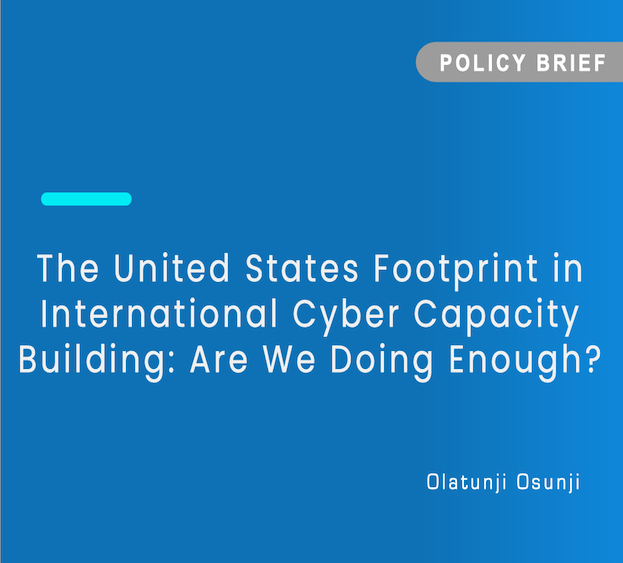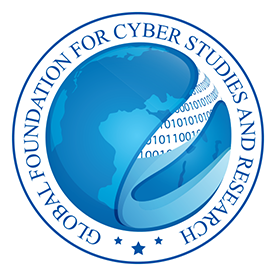The United States Footprint in International Cyber Capacity Building: Are We Doing Enough?

By Olatunji Osunji

Over the years, the United States government has steadily increased its efforts to contribute towards open, interoperable, secure, and reliable cyberspace through international cybersecurity capacity building. This is further demonstrated through active membership and participation in international cyber groups, like the United Nations Group of Governmental Expert, the Open-Ended Working Group, and the Global Forum on Cyber Expertise. These efforts echoed in an International Telecommunication Union report which recognized the US as the nation with the highest commitment to cybersecurity. However, there are issues centered around internal coordination, funding, and role conflict among US government agencies. Using the Global Forum on Cyber Expertise’s database and existing literature on International Cybersecurity capacity building, this report presents an exploratory analysis to support the existence of these issues, identify new gaps, and recommend that the United States’ Department of States restructure its international cybersecurity building program around an established framework, take up the responsibility of coordinator on all international cybersecurity building initiatives involving United States stakeholders and engage academia in more empirical studies within cybersecurity capacity building. In line with this, Congress should amend the Foreign Assistance Act of 1961 to allow for more and better funding mechanisms through streamlining cybersecurity into every development assistance project.

About the author(s)
Olatunji Osunji
Olatunji Osunji is a Cybersecurity Architect at the World Bank. He is pursuing his PhD at Marymount University, USA, with a special interest on cybersecurity capacity building, cybersecurity operations and risks associated with emerging technologies. He is also a research assistant at the Global Foundation for Cyber Studies and Research, Washington D.C, USA.
